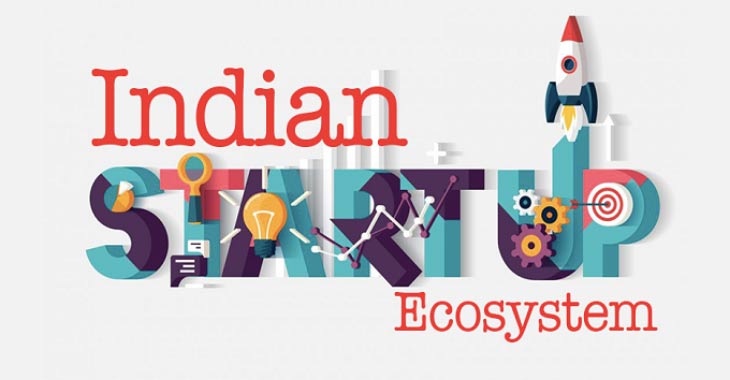In a study conducted by a multidisciplinary team from institutions such as the University of New South Wales, the University of Oxford, the University of Technology Sydney, and the University of Melbourne, researchers have unveiled a compelling revelation about the key drivers of startup success. Their findings indicate that founder personalities play a more pivotal role in the triumph of startups than previously believed. The team analyzed data from over 21,000 global start-ups over a span of two years, seeking patterns and insights that could predict the outcome of these ventures. Leveraging advanced artificial intelligence (AI) algorithms and drawing from the “five-factor” model, a psychological theory that categorizes personality into five primary groups, the researchers studied the personalities of startup founders on a global scale.
“What they discovered was a striking contrast between entrepreneurs’ personalities and those of the general population. Entrepreneurs, it turns out, exhibit distinct combinations of personality traits that set them apart. These traits include a proclivity for novelty and variety, a desire for the limelight, and an innate exuberance. While these may seem like generic qualities, in the realm of business, they translate into risk-taking, networking, and boundless energy – attributes that are fundamental to achieving startup success,” the research highlights.
The research has pinpointed six founder personality types, each characterized by its unique blend of subtle traits. These types are classified as “leader,” “accomplisher,” “operator,” “developer,” “fighter,” and “engineer.” For instance, leaders exemplify an openness to adventure, a trait shared by renowned figures like Bill Gates, co-founder of Microsoft, who boldly pursued his vision despite its risky nature.
“Melanie Perkins, co-founder of Canva, a graphic design software company valued at $26 billion, provides an example of a ‘leader’ personality type. She faced numerous rejections from investors but remained ‘determined, stubborn, and adventurous,’ embodying the core traits of this founder type,” the study reveals.
“Jeff Bezos, identified as an ‘accomplisher,’ strategically founded Amazon in Seattle, driven by meticulous planning and a long-term vision. His calculated decisions and careful consideration of factors, such as state-specific tax laws, have been fundamental to Amazon’s growth and the success of ventures like Amazon Web Services,” it adds.
In a discussion about startup personalities, the study could not overlook the indomitable Elon Musk, characterized as an “engineer.” His business endeavors, including SpaceX and Tesla, are driven by a limitless imagination and profound intellect, evident in audacious projects like the colonization of Mars and the futuristic Cybertruck design.
Exciting news! We’re now on WhatsApp Channels too. Subscribe today by clicking the link and stay updated with the latest insights in the startup ecosystem! Click here!
What makes these findings even more intriguing is the revelation that startups with a diverse blend of these founder personality types are eight to ten times more likely to succeed. An example of this according to the research is Canva, with its three co-founders showcasing a dynamic blend of technical intellect, assertive dealmaking, and adventurous energy that has propelled the company to tech juggernaut status



![[CITYPNG.COM]White Google Play PlayStore Logo – 1500×1500](https://startupnews.fyi/wp-content/uploads/2025/08/CITYPNG.COMWhite-Google-Play-PlayStore-Logo-1500x1500-1-630x630.png)